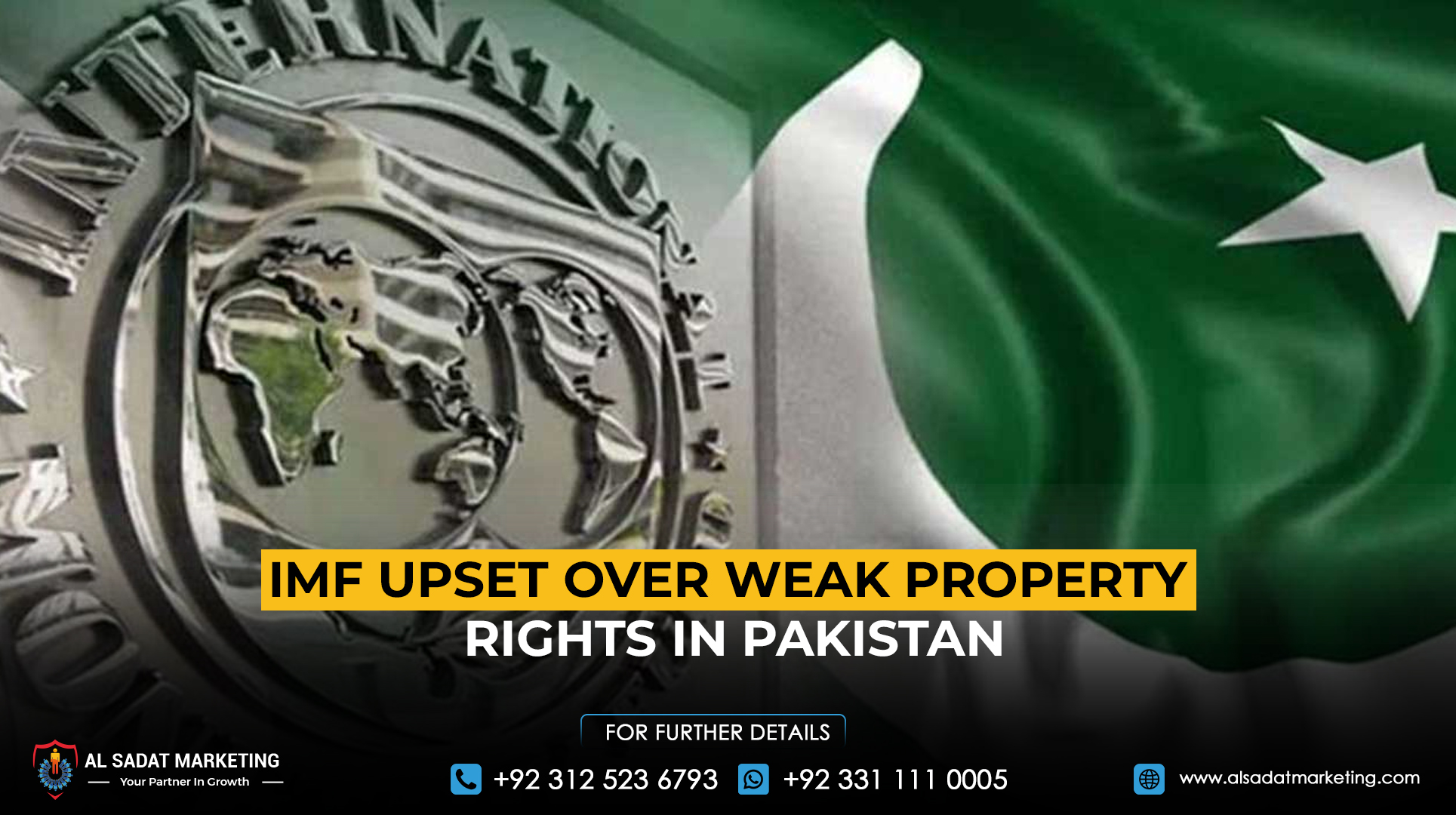Islamabad, Pakistan — In a significant development, the International Monetary Fund (IMF) has raised concerns about weak contract enforcement and insufficient protection of property rights in Pakistan, issues the organization believes are stifling foreign investment.
The concerns were voiced during a high-level meeting in Islamabad between IMF representatives and Mian Muhammad Rauf Atta, President of the Supreme Court Bar Association of Pakistan (SCBAP). The dialogue also saw participation from Mir Atta Ullah Langove and Barrister Sarfraz Metlo, Presidents of the High Court Bar Associations of Balochistan and Sindh, respectively.
Also Read: Water Conservation Techniques for Homeowners in Pakistan
Judicial Efficiency in the Spotlight
The hour-long discussion centered on key themes such as judicial efficiency, investor protection, and the need to strengthen Pakistan’s legal infrastructure. The IMF emphasized the urgent need for effective legal mechanisms to boost investor confidence.
President Rauf Atta acknowledged the IMF’s reservations and underscored that judicial efficiency is a critical element for a functional and independent judiciary. He highlighted current judicial reforms aimed at modernizing legal procedures and reducing backlog through initiatives led by the Chief Justice of Pakistan.
Key judicial reforms include:
- Implementation of a national e-filing system
- Enhanced case management protocols
- Fast-track disposal of long-pending cases
- Introduction of video link facilities in the Supreme Court, soon to be rolled out in high courts and lower courts
Legislative and Structural Reforms
On the legislative front, President SCBAP pointed to the recently introduced 26th Constitutional Amendment, aimed at reinforcing judicial independence. A constitutional bench has also been established to manage politically sensitive cases, while routine judicial operations continue uninterrupted.
A new performance review system for judges has been launched to ensure accountability and efficiency. To combat systemic delays, Pakistan is appointing more expert judges in higher courts and forming specialized tribunals, particularly for tax-related disputes.
Additionally, Alternate Dispute Resolution (ADR) mechanisms are being promoted to expedite grassroots-level legal resolution.
Investment-Related Reforms
Addressing the IMF’s concerns over contract enforcement, Rauf Atta admitted that procedural delays persist but emphasized the establishment of specialized benches to handle investment-related adjudication more effectively.
On the issue of property rights, he referenced Articles 23 and 24 of the Constitution, which enshrine ownership protections. Anti-encroachment laws are being strengthened, and enforcement is being scaled up to safeguard investor interests.
IMF to Follow Up with Questionnaire
The meeting ended with a consensus on the vital role of economic and political stability, rule of law, and governance in addressing Pakistan’s structural challenges. The IMF will soon issue a follow-up questionnaire, which the SCBAP will respond to with detailed reform proposals and implementation strategies.










